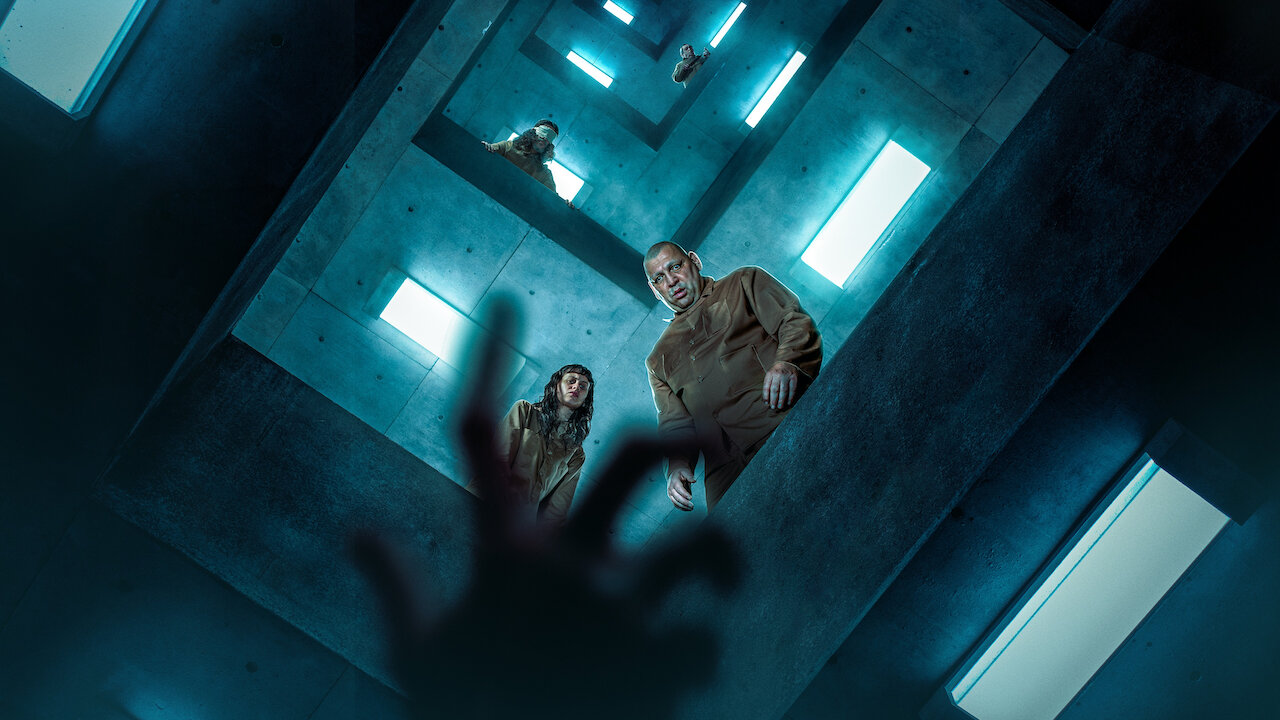There are movies that tug you under, not with suspense or terror, but with the blithe, inexorable weight of their own conventions. "You're Killing Me," directed by Beth Hanna and Jerren Lauder, tries to strut through the haunted funhouse of privilege and amorality, but somewhere along the way, it gets lost in its own fog machine. I wanted shock, I wanted stakes—hell, I wanted something that didn’t leave me counting ceiling tiles during the third act.
Let’s start with intentions. The premise has teeth: call it "Mean Girls with malice aforethought." There’s Eden Murphy (McKaley Miller), who burns with that familiar college-admissions desperation, convinced—naively or cannily, I still can't decide—that access to Barrett Schroder (Brice Anthony Heller), congressman’s son and living LinkedIn connection, is her golden ticket to Pembroke University. It’s a hell of a setup, the kind movie high schoolers daydream, except here the bright balloons pop and rain confetti soaked in blood. We get the Heaven-and-Hell party—a metaphor so glaring that even the catering table feels complicit. But for all the narrative sizzle promised, the movie swiftly boils over into a stew of predictability and indecision.
The script aims to take a bite out of the hand that feeds it—rich kids behaving badly, as if Bret Easton Ellis wrote a term paper for Blumhouse. But after a sharp, tantalizing setup, the plot skids into a ditch. There’s a phone, a video, a moral dilemma for Eden that should be electric. Yet a fog descends: character motivations slip away, logic slumps on the couch like the last uninvited party guest. I kept tilting my head, trying to catch a signal. The movie wants the stakes of thrillers, the weight of morality plays—but it cashes out with a ragged coin purse of clichés.
What redeems these two hours from pure inertia are the performers, who move with all the commitment the script seems intent on undermining. McKaley Miller shoulders the entire mad circus on her back. Her Eden is believable—sharp, desperate, messy. You root for her, even as the film seems determined to toss her into increasingly preposterous situations. Anne Heche as Astrid Schroder cuts through the fog—a waspish apparition haunting the Schroder estate, twisting lines and smirks into little daggers. And Dermot Mulroney brings a shimmer of real menace, the kind you only get from a man who’s played dogged authority figures so often you half-expect him to call a parent-teacher conference before he kills anyone.
But oh, how these characters squander their potential. Again and again, Eden and her friend Zara fumble away opportunities for escape, as if their brains have been replaced by a screenwriter’s sticky-note of “Insert Tension Here.” I found myself muttering at the screen—call it a conversation, except only one of us was making any sense. The script needs these poor decisions—it yanks them around like marionettes—not because of who they are but because the plot requires it. The result is immersion-breaker, not tension-builder.
Worse, the pacing. After all that “Heaven and Hell” build-up, the movie limps instead of sprints. Scenes stretch out like they’re waiting for a director’s chair to materialize in the middle of the living room, while any sense of discovery is left gasping. Maybe it’s a genre requirement now, the horror film that confuses narrative ambiguity with dramatic depth—leave just enough unexplained, and the audience will fill in the blanks, right? Except here the blanks feel accidental, not artful. The gorier the movie gets, the duller the knife: death after death, the violence starts to taste of cold leftovers.
And then, morality. In its final act, the film splashes into a puddle of real questions: when does standing up for yourself turn into sinking to their level? Eden is battered, and so is the audience—we’re battered with “consequences,” “choices,” “revenge.” Except it’s all intent without insight. The moment when Eden must choose whether to become as monstrous as the Schroder clan should land with the force of real revelation. Instead, it felt like the aftermath of a bad dream—haunted, foggy, without clarity. The film gestures toward ambiguity but croaks out answers in the same numbing tones it’s used all along.
So what are we left with? "You're Killing Me" is a hothouse flower: all showy petals wilting under the track lights, its roots never breaking the soil. There are performances here that deserved a sharper script, a script that actually trusted its characters and audience rather than handcuffing both to a plot-shaped rollercoaster of bad decisions. It’s watchable the way a pulpy paperback is readable—you keep turning the pages in the hope the next one might contain the twist the cover art promised.
But in the end, I left with questions the script never cared enough to answer. The movie courts topicality—privilege as poison, morality in a blender—but delivers only the Netflix aftertaste of something you might almost have liked if you’d squinted hard enough. If what you want is reheated horror with a whiff of social critique and a cast that deserves better, “You’re Killing Me” might fill ninety minutes. But if you want to feel something—real tension, real outrage, maybe even a little identification—look elsewhere. You deserve more than this, and honestly, so do the actors.


